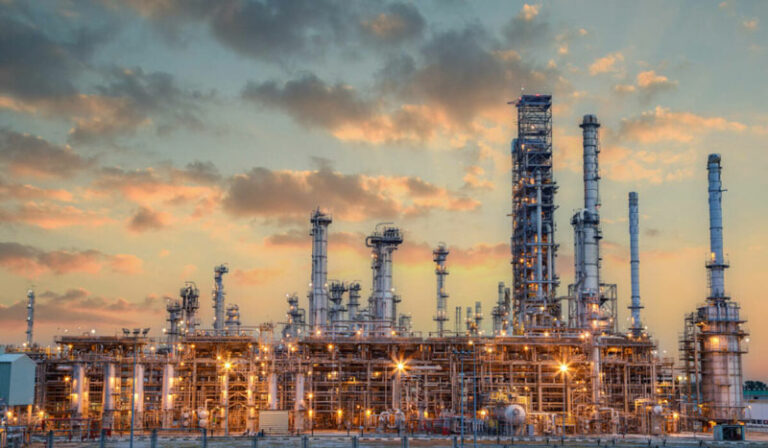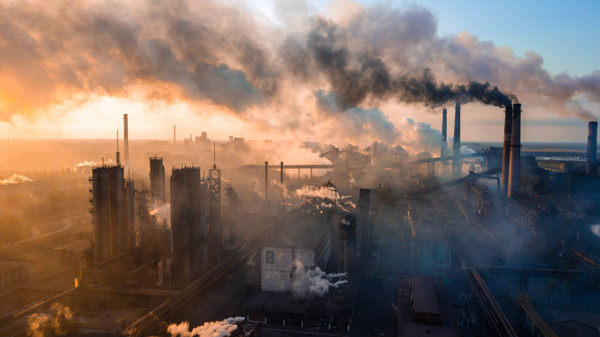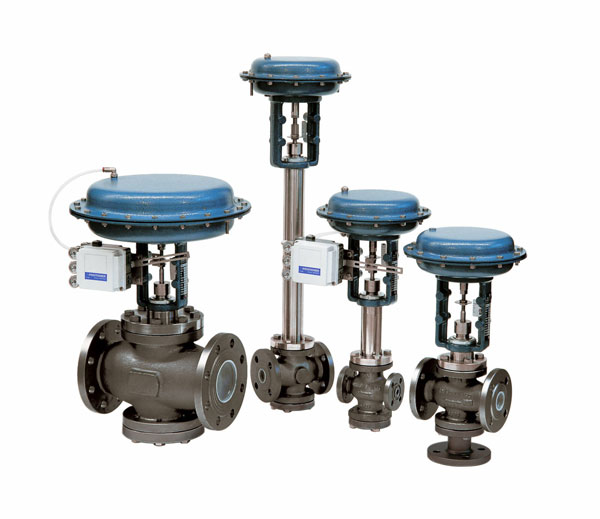
Weather events of an extreme nature occurring in all parts of the world are becoming increasingly frequent. While this is a very complex issue, one of the main causes can be attributed to man-made air pollution.
With the industrial revolution, the use of fossil fuels to power factories and transportation led to a significant increase in emissions. Since the 1950s, the increase in population and urbanization have further contributed to the problem. In particular, there is one phenomenon that contributes to 5% in the total emission of greenhouse gases, which very often manages to go under the radar because of its nature: Fugitive Emissions.
There is no universal definition that describes Fugitive Emissions, but they can generally be defined as unintentional emissions, leaks or discharges of gases from equipment or facilities operating at high pressures. Their unpredictability makes them difficult to detect, keeping them hidden from common monitoring and control devices.
Present in several industry sectors, 50% of Fugitive Emissions come from the oil, chemical and gas industries. What these three sectors have in common is the presence of various connection points, such as joints between pipes or flanges.

The release of greenhouse gases into the atmosphere, as seen above, is the most serious of the negative effects caused by Fugitive Emissions. The greenhouse effect contributes to the rise in temperatures, from which results an extremely negative consequence that we all know: global warming. The devastating effects it has on the environment, in addition to ruining the ecosystem, pose a significant risk to human health. Human health at the center of the most direct negative impact: spills often release toxic, flammable or explosive substances into the environment.
Valves are inevitably at the center of this issue: they are responsible for 60% of Fugitive Emissions from refineries and chemical plants. The seals on the stem, are subject to continuous stresses that cause wear over time. Maintenance is therefore a very important aspect of minimizing leakage from a valve. Installation should also not be underestimated: the tightening of the flange bolts must be done properly.

The state-of-the-art machinery used by the Pray plant allows KLINGER Italy to produce valves guaranteeing very high-quality standards. Thanks in part to more than 50 years of experience not only in manufacturing but also in research in the field, the know-how we have acquired has enabled us to perfect the quality controls to which we subject our products. From valve materials to the selection of the best sealing options, we strive to provide valves that ensure optimal performance by having our customers’ satisfaction as our main focus, with an eye toward sustainability.